Beetroot is an edible plant classified as a vegetable. The root of the plant makes an excellent addition to many dishes. Beetroot is characterized by its intense purple-red color, which makes it used as a natural food coloring. Beet leaves with wavy edges can also be edible. The beet tuber can be round or oblong, and the fleshy beetroot has a sweet taste and earthy aroma. Beetroot is not to everybody's taste, but it is a vegetable worth including in your diet because of its many health benefits.
The bioactive components contained in beetroot have made the vegetable popular, and it is more often consumed in juice or supplements. The nutrients of this plant are highly beneficial, and the roots can be consumed in various ways. Plant extracts from the vegetable are also used in the cosmetic industry. Eating the root of the plant can positively affect immunity and organ function. The plant can also be helpful for physically active people.
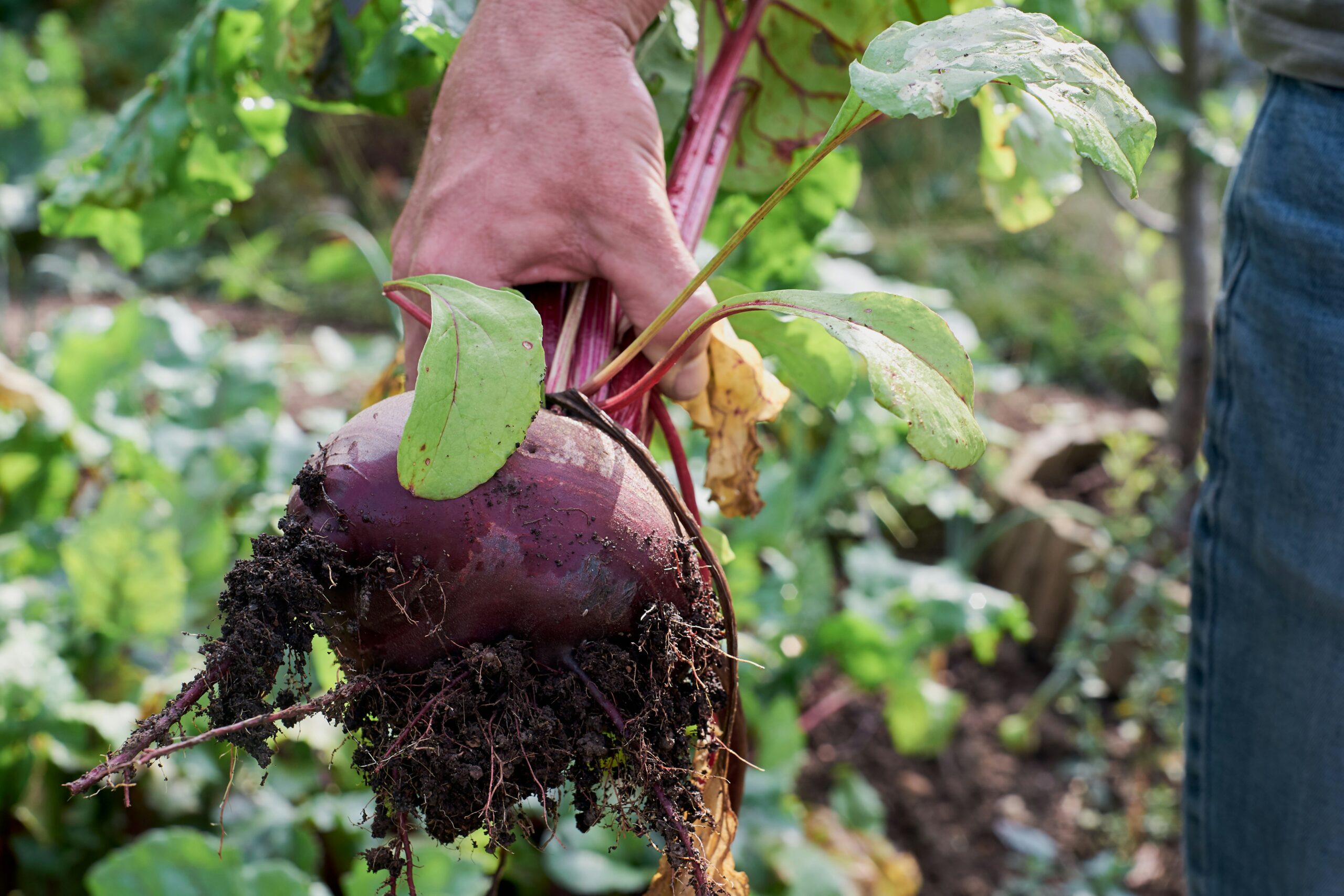
Beetroot is a functional food, i.e., its consumption promotes health maintenance. Beetroot is widely grown in various parts of the world. The main areas where this vegetable is grown are based in Europe. Despite its many healthy properties, beetroot intake should be limited for some people. Vegetables can cause allergies and side effects. Find out more about beetroot.
Many studies highlight the health benefits of beetroot. Thanks to its wealth of bioactive components, the plant's roots have many beneficial properties for the human body. Beta vulgaris L.![]() is attributed to the beetroot, a plant native to Europe and Asia. This biennial plant can have various varieties. Beetroot is most commonly associated with the color red, but the tubers can also have different colors depending on the type of plant.
is attributed to the beetroot, a plant native to Europe and Asia. This biennial plant can have various varieties. Beetroot is most commonly associated with the color red, but the tubers can also have different colors depending on the type of plant.
The most common type is the beetroot, also known as sugar beet![]() . The beetroot is a safe, edible vegetable with many health benefits that we can enjoy all year round. Beetroots can withstand low and high temperatures in cultivation. The plants have been used for thousands of years for food and drink production and medicinal purposes. Among the many health benefits of beetroot, we can include:
. The beetroot is a safe, edible vegetable with many health benefits that we can enjoy all year round. Beetroots can withstand low and high temperatures in cultivation. The plants have been used for thousands of years for food and drink production and medicinal purposes. Among the many health benefits of beetroot, we can include:
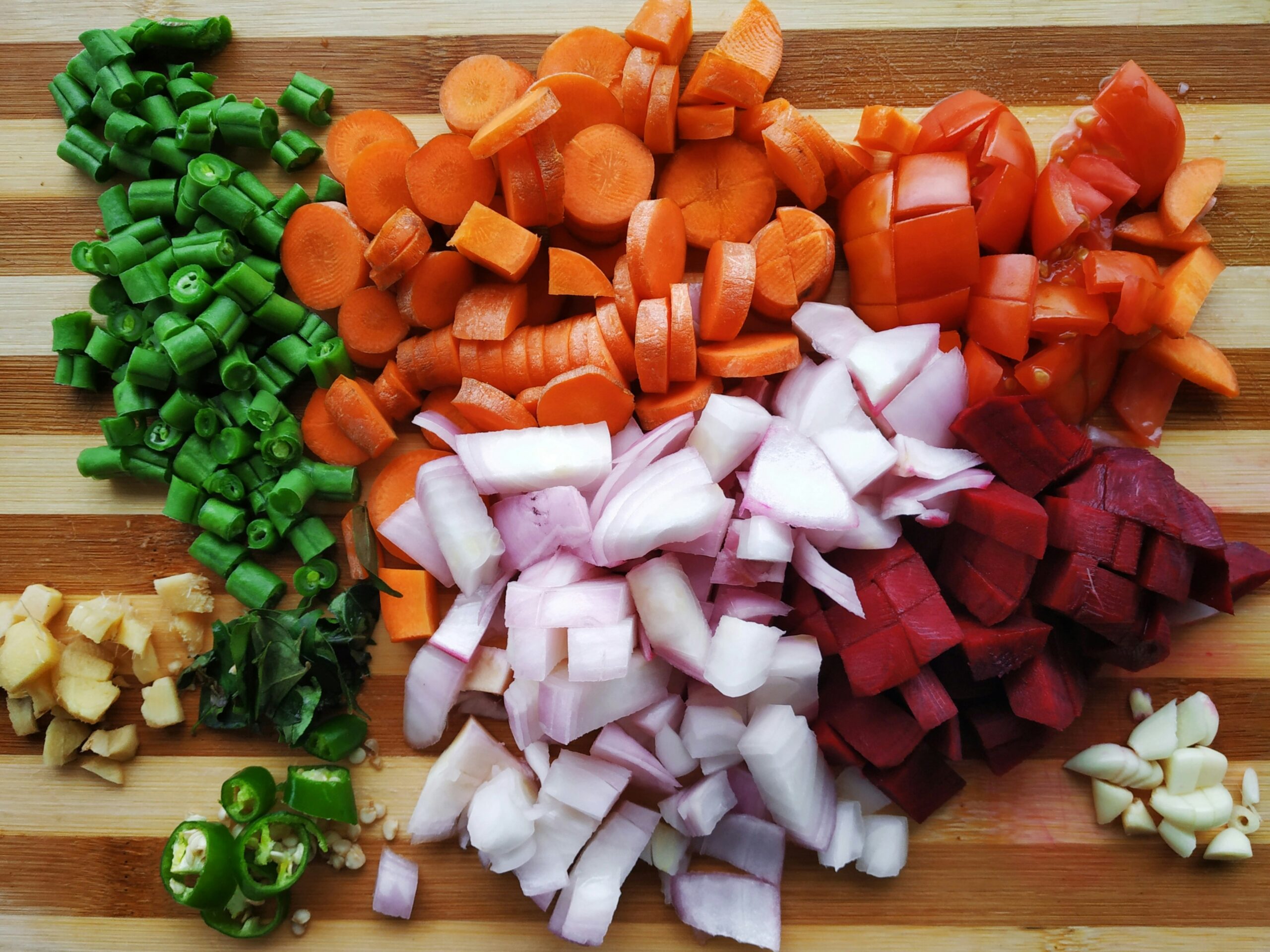
Natural antioxidants are health-promoting and safer than artificially added chemicals. Beetroot is a natural source of these compounds and contains betalain![]() , among others. Betalain is the red pigment of the vegetable, which has a strong antioxidant capacity. Thanks to it, free radicals are removed from the body, which is related to the specific structure of betalain.
, among others. Betalain is the red pigment of the vegetable, which has a strong antioxidant capacity. Thanks to it, free radicals are removed from the body, which is related to the specific structure of betalain.
In addition, beetroot also contains a large amount of phenols, polyphenols, and vitamins, which also have antioxidant effects. Therefore, the antioxidant protection of beetroot is an asset in producing many products. It makes beet an excellent coloring agent for food and has preservative use. Fresh, pureed, and dried beetroot have the highest antioxidant activity, so it is best to consume these vegetable versions to counteract oxidative stress and prevent disease.
Beetroot contains many active ingredients that can protect against diseases and infections. In addition to benefiting the immune system, the vegetable also exhibits anti-inflammatory properties. Antioxidants are also responsible for these properties, which protect against bacterial and viral infections. Eating beetroot in a form that has the most retained nutrients will, therefore, protect the body against inflammation. In addition, the anti-inflammatory effect can accelerate wound healing.

Cancer is still a significant challenge for doctors, and as a result, patients often look for alternative methods that can protect against these dangerous tumors. Certain foods show specific properties that can reduce the risk of cancer. One such food is beetroot, which can act as a chemopreventive drug![]() . It means that beetroots can protect the body from chemical carcinogens. The plant's anticancer properties involve betanin, which can inhibit certain types of cancer. Studies have noted positive results, especially for lung tumors, but it was an animal study. The cytotoxicity of beetroot only affects cancer cells, while normal cells are not affected.
. It means that beetroots can protect the body from chemical carcinogens. The plant's anticancer properties involve betanin, which can inhibit certain types of cancer. Studies have noted positive results, especially for lung tumors, but it was an animal study. The cytotoxicity of beetroot only affects cancer cells, while normal cells are not affected.
Beetroot may also have practical functions in treating chronic metabolic diseases. Constituents such as polyphenols, nitrates, and betalains contained in beetroot may show effects in treating hyperglycemia![]() . With the consumption of these vegetables, the control of insulin and glucose response improves. In addition, betalains increase glycolytic enzyme activity, which affects normal plasma glucose levels. However, people with diabetes should eat beetroot with moderation and caution, as these vegetables can contain large amounts of sugar. The sugar intake in beetroot can vary depending on the type of plant and how much nitrogen was available to the plants in the early stages of cultivation.
. With the consumption of these vegetables, the control of insulin and glucose response improves. In addition, betalains increase glycolytic enzyme activity, which affects normal plasma glucose levels. However, people with diabetes should eat beetroot with moderation and caution, as these vegetables can contain large amounts of sugar. The sugar intake in beetroot can vary depending on the type of plant and how much nitrogen was available to the plants in the early stages of cultivation.
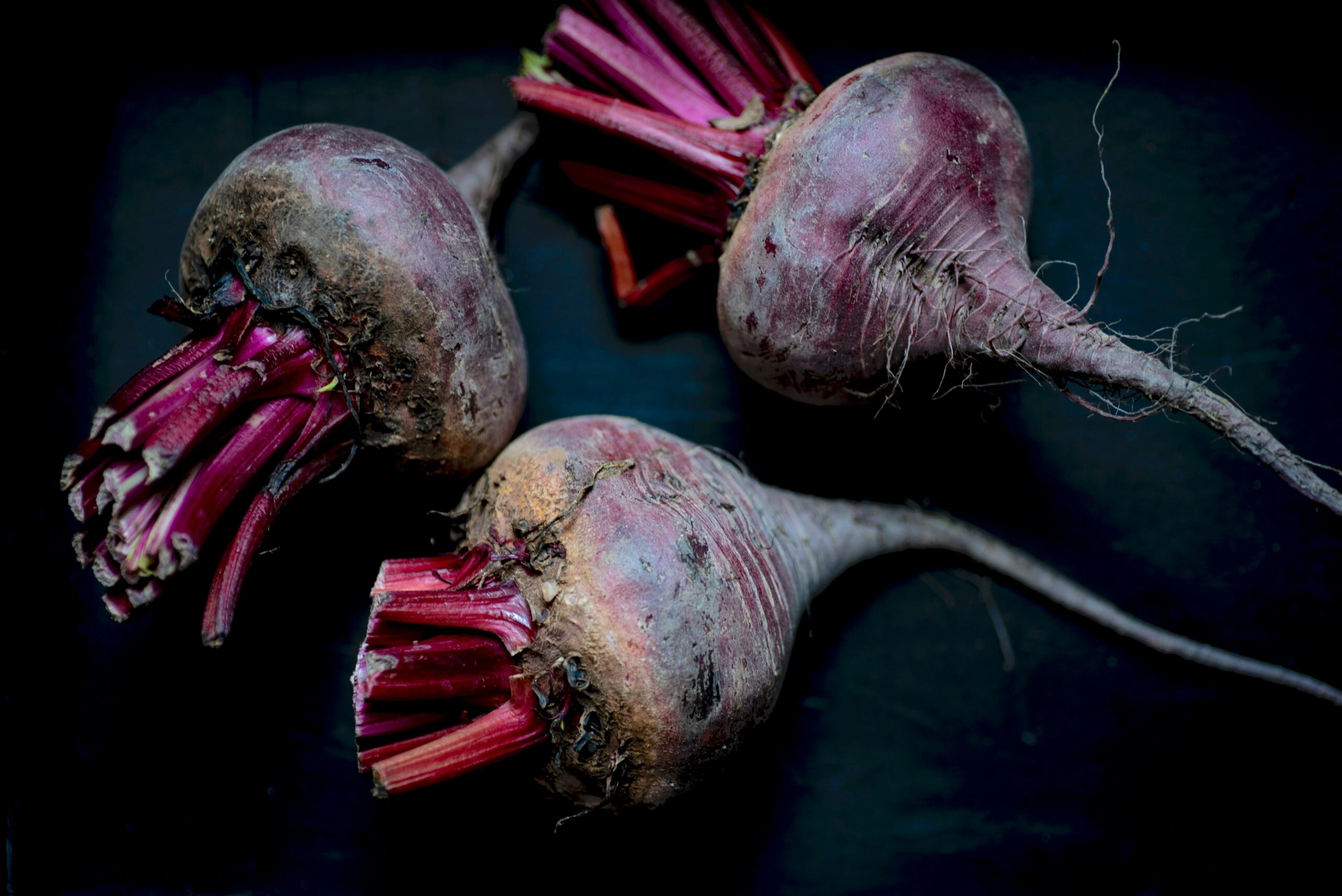
Beetroot also has liver-protective properties. These plants support the functioning of the digestive tract and the liver. The minerals in vegetables can help treat many ailments, such as food poisoning, diarrhea or vomiting, liver poisoning, and biliary ailments such as jaundice and hepatitis. The mechanisms of the nutrients in beetroot involve detoxifying the blood and liver, making it capable of healing fatty deposits in the liver caused by bad habits such as poor diet, alcohol abuse, or diabetes. Eating beetroot can support liver function and protect the liver from disease.
Eating beetroot can also have a positive effect on cardiovascular health. Most mainly, beetroot has the function of lowering blood pressure![]() . The dietary nitrate contained in the vegetable is responsible for this property. Nitrate has a vasoprotective effect by regulating vascular function. Studies have confirmed that eating beetroot causes vasodilation and reduces human diastolic blood pressure. Reduced heart rate has also been observed in healthy patients after eating beetroot.
. The dietary nitrate contained in the vegetable is responsible for this property. Nitrate has a vasoprotective effect by regulating vascular function. Studies have confirmed that eating beetroot causes vasodilation and reduces human diastolic blood pressure. Reduced heart rate has also been observed in healthy patients after eating beetroot.
However, many other factors, such as health status, age, and gender, can also influence the effectiveness of these plants in lowering blood pressure. The form of beetroot consumed may also determine the efficacy, showing that raw beetroot juice has a more substantial antihypertensive effect in hypertensive patients.
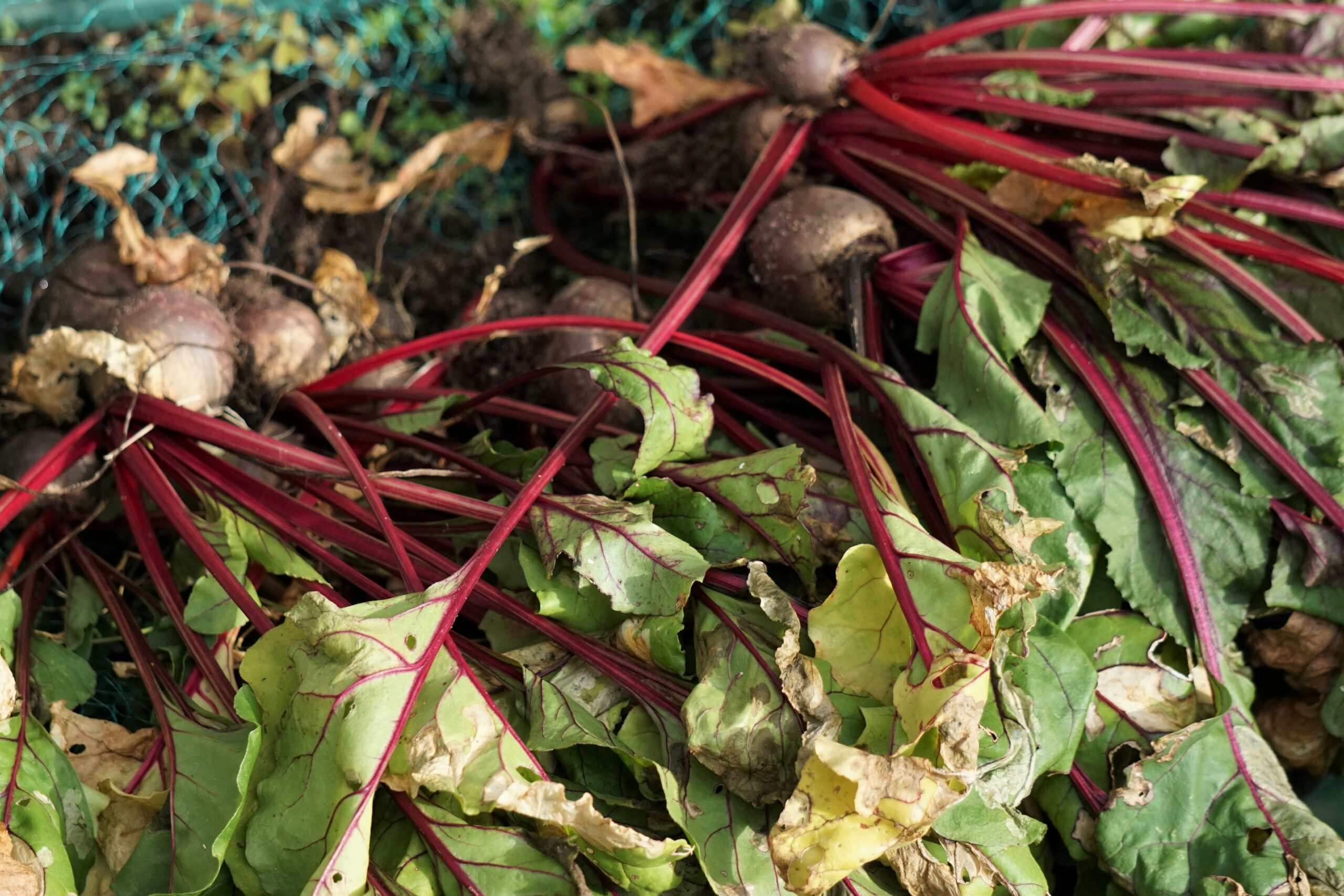
Another effect of beetroot on the human body is to improve lipid results. Hyperlipidaemia![]() is a common problem, mainly meaning abnormal levels of various types of cholesterol. In contrast, the components contained in beetroot can be of great help. It is also responsible for betalains, which can scavenge lipid free radicals. In addition, beetroot may inhibit short-chain fatty acids in the blood, and the nitrates in the vegetable regulate vasodilation, which may be useful in treating hyperlipidemia in obese people.
is a common problem, mainly meaning abnormal levels of various types of cholesterol. In contrast, the components contained in beetroot can be of great help. It is also responsible for betalains, which can scavenge lipid free radicals. In addition, beetroot may inhibit short-chain fatty acids in the blood, and the nitrates in the vegetable regulate vasodilation, which may be useful in treating hyperlipidemia in obese people.
Beetroot should also be on everybody's athlete's plate. This type of vegetable can improve athletic exercise performance. The properties of beetroot are based on nitrates![]() , which have an approved effect on exercise performance. Beetroot nitric oxide regulates the dilation of blood vessels. It affects blood flow and oxygen delivery to tissues, including muscles. These properties influence blood vessels and metabolic processes, making beetroot a valuable vegetable in physical performance and sport. Consumption of beetroot increases oxygen delivery, which prolongs activity time before fatigue sets in.
, which have an approved effect on exercise performance. Beetroot nitric oxide regulates the dilation of blood vessels. It affects blood flow and oxygen delivery to tissues, including muscles. These properties influence blood vessels and metabolic processes, making beetroot a valuable vegetable in physical performance and sport. Consumption of beetroot increases oxygen delivery, which prolongs activity time before fatigue sets in.
Athletes often use beetroot juice as a supplement to improve their exercise capacity. The product does not work in all types of exercise; it mainly affects aerobic, short-distance, or high-intensity exercise such as sprinting. Beetroot juice supplementation can also positively affect obese people looking to improve exercise tolerance. In addition, beetroot can reduce muscle soreness, which is also helpful for physically active people.

Beetroot supplementation can also affect brain function. The nitric oxide![]() contained in beetroot improves exercise capacity and affects cognitive function. The mechanism involves altering blood flow parameters in the prefrontal cortex. Regular consumption of beetroot can, therefore, be helpful for people who tend to have nitric oxide deficiencies due to medical reasons. Consumption of these vegetables may improve vascular and cognitive function. Cognitive functions include brain activity useful in everyday activities: memory, learning ability, speech, reading comprehension, and communication.
contained in beetroot improves exercise capacity and affects cognitive function. The mechanism involves altering blood flow parameters in the prefrontal cortex. Regular consumption of beetroot can, therefore, be helpful for people who tend to have nitric oxide deficiencies due to medical reasons. Consumption of these vegetables may improve vascular and cognitive function. Cognitive functions include brain activity useful in everyday activities: memory, learning ability, speech, reading comprehension, and communication.
Beetroot can be eaten in various ways, which is a significant advantage of this vegetable. Beetroot can be eaten raw; it must be washed and peeled. Beetroot can also be roasted or boiled, which will have a softer texture, but the glycaemic index of beetroot may increase due to the heat treatment. Beetroots can also be dried or pureed, retaining more nutrients like phenols and flavonoids. In addition, beetroot juices, flours, and supplements based on this vegetable are also available on the market. As such, the wide selection of various beetroot products makes it easy to incorporate these vegetables into your daily diet.
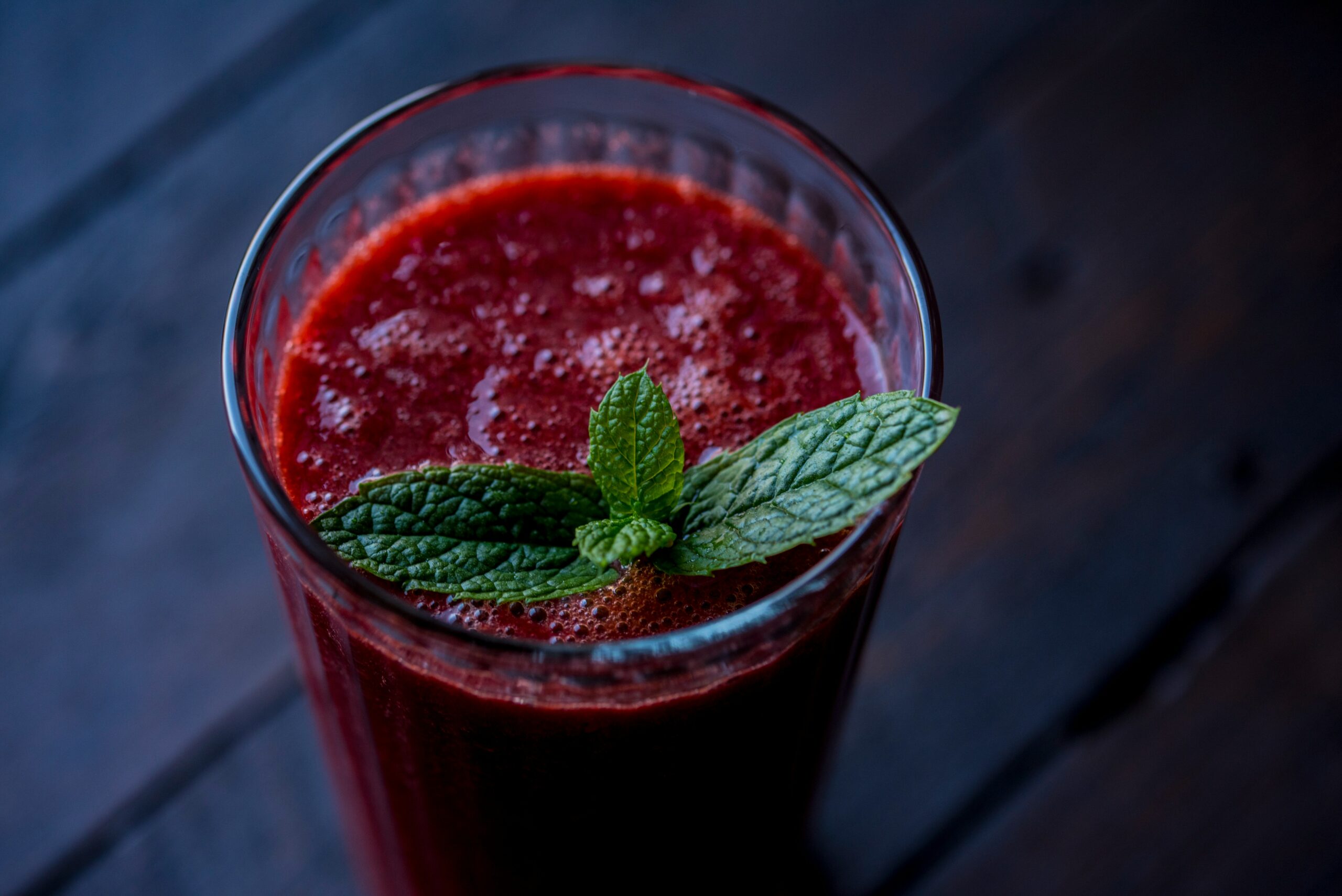
Beetroot contains many valuable elements needed to maintain health. It also includes a large amount of water. In terms of calorific value, 100 grams of raw beetroot contains 42 kcal![]() . The standard macronutrients and the presence of bioactive components may vary depending on the type of beet. Some values may also change due to the vegetable's form and processing.
. The standard macronutrients and the presence of bioactive components may vary depending on the type of beet. Some values may also change due to the vegetable's form and processing.
The proximate nutritional values calculated per 100 grams of raw beetroot can be presented as follows:
In summary, beetroot provides little protein and is also low in fat. The moderate amount of carbohydrates means that beetroot contains simple sugars. Sucrose may be present in beetroot, so moderation in consumption is recommended. Instead, beets have a very high amount of dietary fiber. The rest of the beet is water.
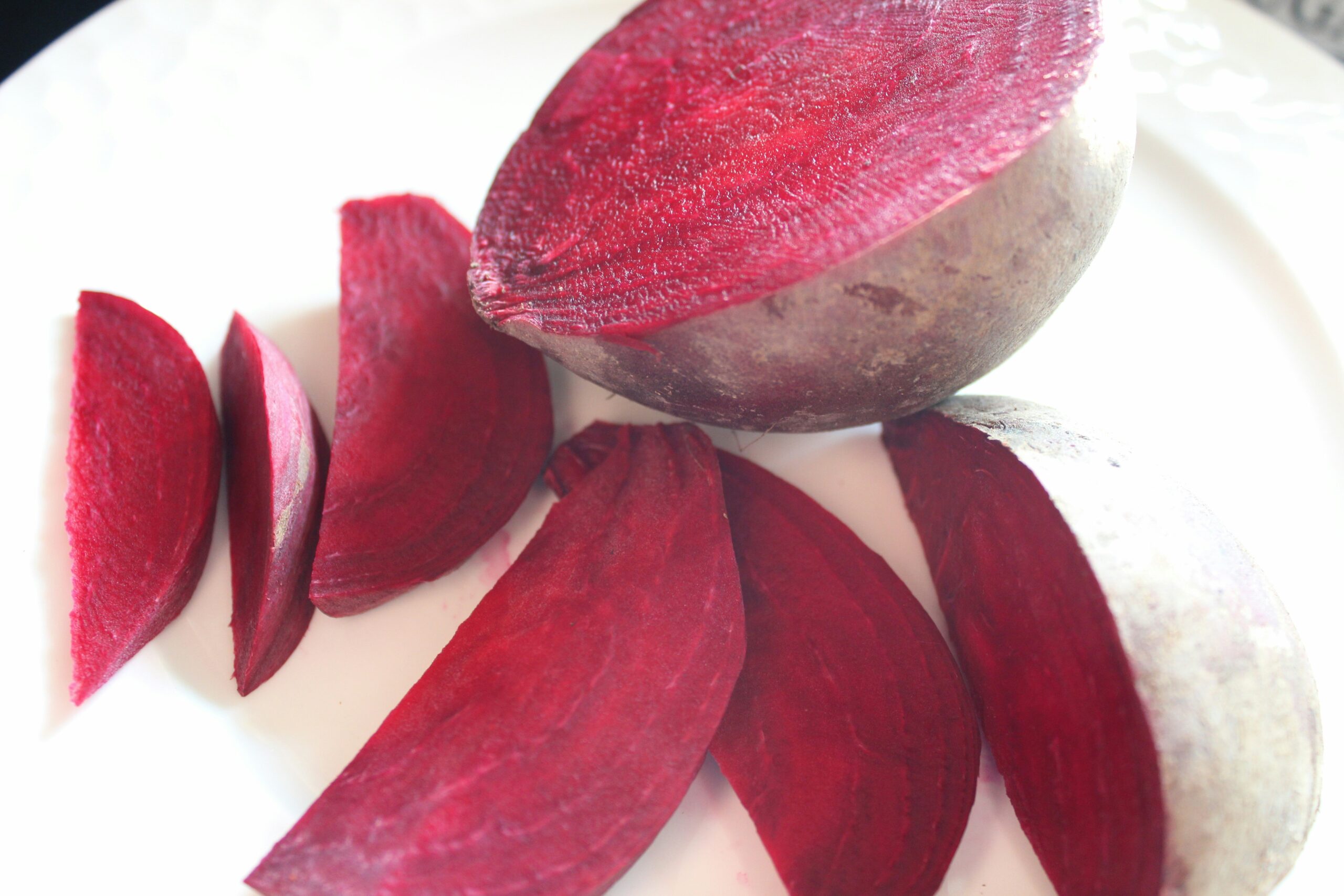
The micronutrients found in a raw beetroot include:
Beetroot contains many essential elements that make it a healthy and nutritious vegetable. The roots are characterized by their high iron content, so beetroot is recommended for people with anemia. In addition, it contains many vitamins that contribute to the body's overall immunity and protection against disease. In addition to the mentioned micronutrients, beet also has critical active ingredients such as amino acids and polyphenols. In addition, the betalains, betaine, and nitrates contained in beetroot are precious ingredients that guarantee health benefits.
Beetroot is a safe plant that humans can eat and has many health benefits. However, everybody's produce may only be recommended for some groups. Therefore, beetroot should be avoided by the following people:
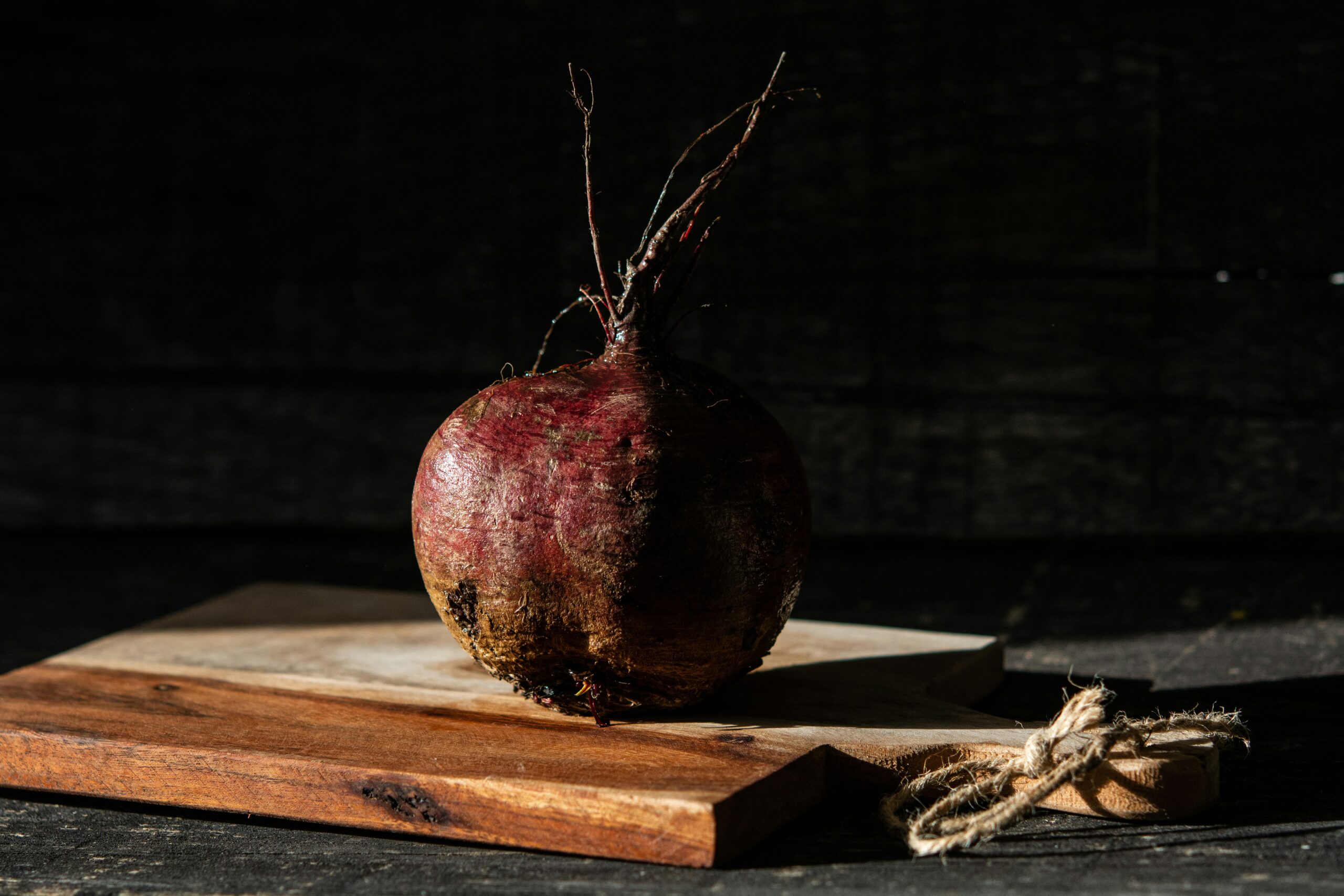
Some patients may be allergic to various products, including vegetables such as beetroot. In the case of beetroot, allergic reactions are rare but possible. Allergic symptoms can be varied, and the reaction can be triggered by various types of beetroot, i.e., raw, cooked, in juice form, etc. If you notice worrying symptoms in yourself after eating beetroot, it is worth seeing an allergist.
People with various diseases should be careful about the products in their diet. Some foods can harm the patients' condition, and beetroot is no exception. People suffering from urolithiasis should not eat beetroot regularly. This vegetable has oxalic acid![]() in the root, which can cause side effects. Oxalates can accumulate in the kidneys and bladder, causing or aggravating kidney stones.
in the root, which can cause side effects. Oxalates can accumulate in the kidneys and bladder, causing or aggravating kidney stones.
Recently, there has been a growing interest in functional foods due to an increased understanding of the impact of diet on health. Consumers are looking for ways to live healthier and incorporate products with many health benefits into their diet. Such products include beetroot, a vegetable with many properties. Beetroot can help treat various diseases. In addition, it is recommended for physically active patients who want to improve their performance.
Beetroot is easy to incorporate into the diet because of its general availability and the variety of ways it can be prepared. It has a moderate amount of carbohydrates, a high amount of fiber, and valuable micronutrients. However, it is essential to note that people with kidney stones and those with allergies should avoid eating beetroot; the vegetable can have side effects for these groups.